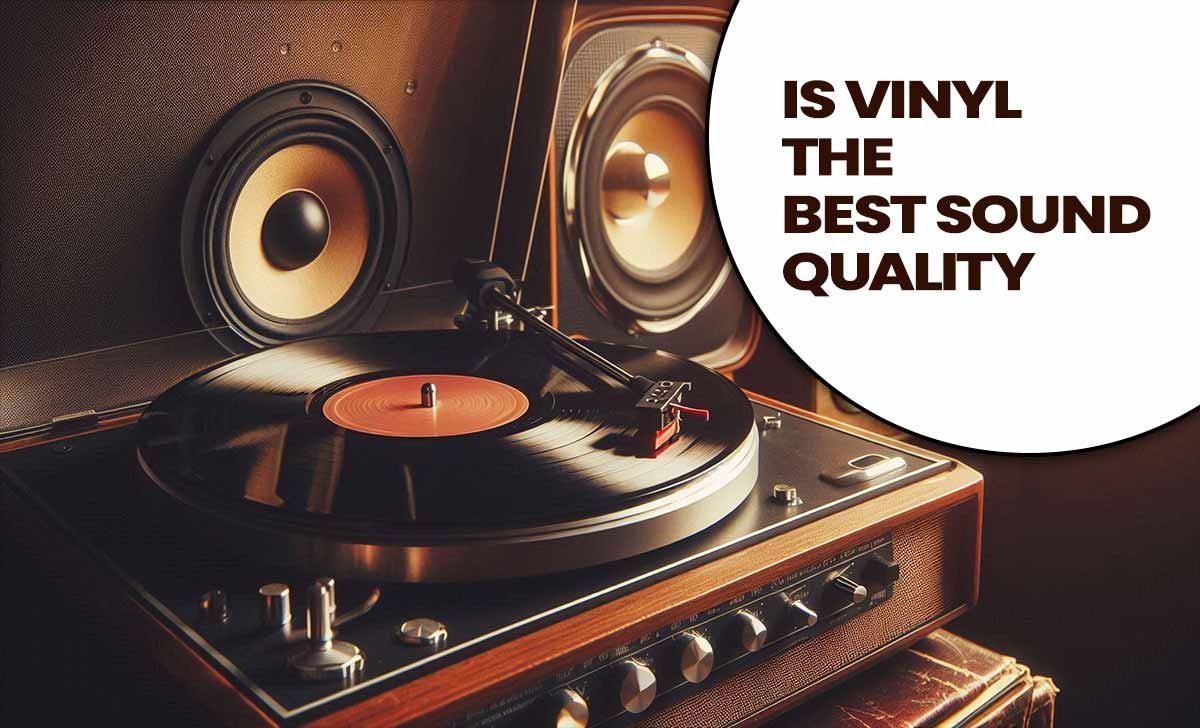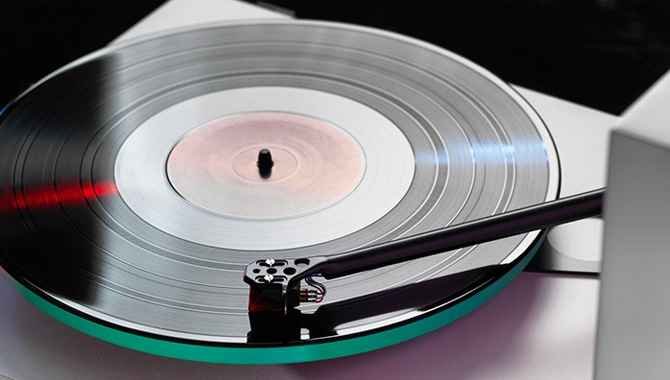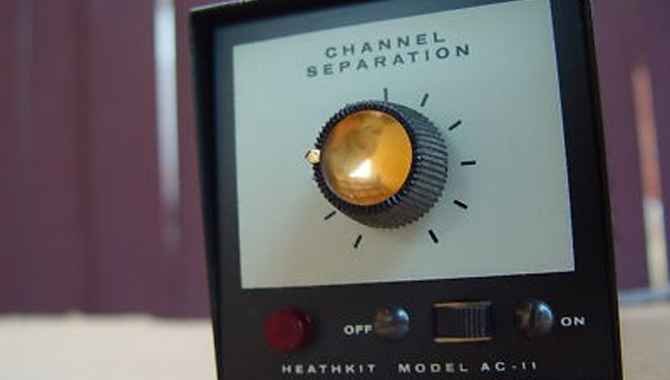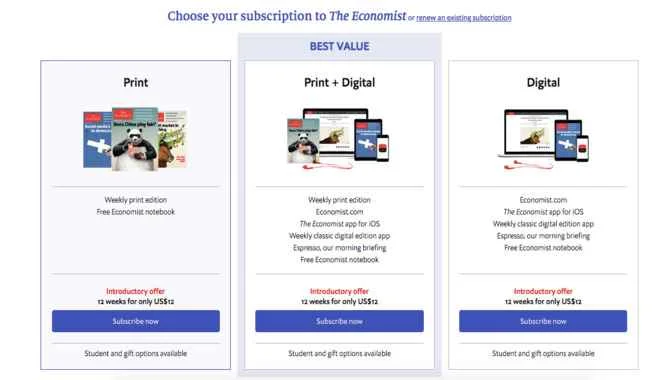Everybody loves to listen to music. It is one of the prime sources of entertainment. In this modern age, music has become available and flexible more than ever, thanks to the digital formats of music. We listen to music when we are alone, enjoying a wonderful moonlit night sitting on the balcony.
We listen to music when we are gathering at a friend’s place and staying over. Again, music is the best way of isolating yourself from the chaos and noise of the outside world when you are on a journey. Is Vinyl the best sound quality?
Nowadays, we do not require any machine works to play any songs. We only have to bring out the smartphone and play the songs we desire to listen to.
We are calling it the digital version of music. But it was not the case even half a century ago. Then, we required some machine works to play any music.
Music was recorded or inscribed on black discs, known as Vinyl. By turning the Vinyl with a turntable, we did playback the music recorded inside it. But since the last decade, the popularity of Vinyl music has been ever-growing and reaching its peak in the United States of America.
We wonder why Vinyl music is becoming so popular in this modern age. Is Vinyl the best sound quality? Or people are just more eager to collect a vintage mechanism of playing music.
There are some good and some bad too under the belt of the Vinyl system. Here we will try to compare them with the Digital system and try to decide whether Vinyl is the best sound quality or not.

How Does Vinyl Work?

People used to record and playback music with a phonograph disc or gramophone disc back in the first half of the 20th century. They used a gramophone or turntable to spin the disc. This disc was used as an analog sound storage device.
The sound was recorded inside it as grooves inscribed on it. The groove starts from the outside end going to the central area of the disc.
From the 1940s, polyvinyl chloride was used to make the disc. Nowadays, many such analog sound recording discs, made with any material, are called Vinyl.
For a vinyl recording, the sound is electronically transferred to a lacquer disc. The lacquer is then inscribed into grooves following the waveform of the electronic signal. The inscribed lacquer is coated with metal, and thus the Vinyl is created.
To play the vinyl disc, we need a vinyl player. A needle, also known as a stylus, touches the grooves of the spinning disc. Then, the needle sends an electromagnetic signal to the player. And it shakes the speakers, thus producing the playback.
Is Vinyl The Best Sound Quality?

Now we know how a Vinyl sound system works. In the rest of the article, we will discuss some advantages or shortcomings of Vinyl and compare them to their digital counterparts. In the process, we will try to figure out if Vinyl sounds better or not.
Original Sound

The biggest advantage of Vinyl is that it can produce the closest sound to the original, which was recorded and intended by the artists. Audio Engineers make a vinyl disc from the analog-to-analog method. The sound is electronically transferred to a lacquer disc.
The lacquer is then inscribed into grooves following the waveform of the electronic signal. Then, the audio engineers make the vinyl disc from the inscribed lacquer.
Thus, no data is lost in the process. It is possible to record every single analog data into the vinyl disc. Thus, Vinyl offers much warmer and richer sound comparing to digital MP3 or audio streaming services.
Digital equipment cannot capture an analog sound. So, the sound is needed to be translated into digital form, into ones and zeros, so that the computer can read it.
Then again, we need to translate the signal back into analog form to make the sound out of the speakers. In this audio compressing process, we lose many data. Thus, only Vinyl offers a true lossless format, making it a more original sound.
Playback

We know that vinyl disc records more original sound, closest possible to the original. But the real problems occur when we move on to playback the music.
There are many limitations of Vinyl while playback the recorded music. For some reason, we may not give the winning medal to Vinyl for the sound quality listed below.
- For a long album to record on the vinyl disc, more inscribed grooves are necessary. Thus, the disc’s grooves become slimmer and thick, which the needle has difficulty skating onto. For this reason, the playback sound becomes quieter and noisy.
- A vinyl disc starts playing a song when the needle or stylus touches the disc’s grooves while spinning. The groove starts from the outside part of the disc and circles towards the center of the disc.
- So, as the play continues, the needle slowly moves toward the center, in the process of reading the grooves.
- For this reason, on a vinyl playback, an album sounds worse at the end than the beginning because the needle must deal with the change of speed due to the change in circumference.
There are no such types of playback problems for an MP3 or digital audio streaming. So, Vinyl sounds more original without a doubt, but there are some limitations when we playback the sound.
Low-Frequency Failure

The lower the frequency, the more bass we get. Vinyl player faces a hard time to deal with the lower frequency problem. The player’s needle tends to jump and sometimes skip, for some low-frequency sounds, thus missing it completely.
It is a problem the vinyl engineers deal with. They do have to modify such frequencies to avoid this problem. In this process, the vinyl losses some originality.
Distortion

We know that the Vinyl needle moves from outside to the center of the disc. Doing so, it faces a hard time catching the high-frequency detail. It causes an irritating noise.
Again, when the turntable spins the disc, it creates a low-frequency sound, no matter how good the turntable is. If we try to play the music with a good speaker that catches the low frequency well, this noise (known as rumble) causes an irritating noise issue.
Even if we cannot hear this low-frequency sound, it distorts the sound quality.
Dynamic Range

Dynamic range refers to the difference between a low note and a high note of the sound. The more the dynamic range, the more the sound is clear and noise-free. Digital sounds offer a dynamic range of 90dB. On the other hand, Vinyl can offer a dynamic range of 70dB.
Channel Separation

Channel separation is a three-dimensional hearing sensation. Digital sound can offer more than 90dB channel separation. On the other hand, Vinyl can produce only 30dB.
Subscription Offer

There’s no doubt that vinyl records sound better than CDs or digital downloads. That’s because they are analog formats, meaning they use a needle to move the master record around on the turntable.
This process creates superior sound quality because it captures more of the original sound waves. Plus, there are other reasons why vinyl is still the best option for music lovers: – Vinyl records don’t suffer from audio pops and clicks as CDs do.
This means that you can listen to them at high volumes without experiencing distortion or loss of sound quality. – Vinyl records last longer than any other format, which is great news for music lovers who want to collect a variety of albums.
CDs and downloads tend to wear out after a few years. While vinyl records can last for decades if cared for properly. – You can also customize your vinyl record sleeve to make it look unique and personalize your album collection even further.
Special U.S.A. Offer.

Yes, vinyl sounds great! Not only is it more environmentally friendly, but it also delivers the best sound quality of any format currently available. Vinyl records were originally designed to play on turntables, but now they’re also available in digital formats.
The main difference between them is that vinyl records are made with a higher quality sound that’s not affected by the noise and distortion that comes from MP3 or other digital formats. In addition to sounding better, vinyl records are also more durable than CDs or cassettes.
They can last up to 30 times longer. Then CDs and 175 times longer than cassettes before they need to replace. This means that your collection will be around for years to come – even if you’re a heavy music listener.
BBC Science Focus Special Editions Vinyl Records Are Back.

In the past few years, vinyl has made a comeback as the best sound quality option for music lovers. There are a few reasons why vinyl is better than other forms of media when it comes to sound quality. First, vinyl is scratch-resistant which means that it can handle more bumps and sounds without deteriorating.
This is because vinyl is a made up of small pieces of plastic that are closely spaced together, which gives it a higher resistance to static and other noises. Second, vinyl records have a wider frequency range than other types of media.
This means that they can reproduce richer colors and sounds in the highs and lows, which many people say makes albums sound more lifelike. Third, vinyl doesn’t skimp on the bass – which is why it’s often use to play hip-hop and other bass-heavy genres.
Overall, there are many good reasons why vinyl records are now considered to be the best sound quality option for music lovers. So if you’re looking for an upgrade from your current music player or speaker system. Then you should definitely consider purchasing a record player.
Science Focus Podcast

Vinyl records have a consider the best sound quality for a long time now. But there is still some debate about whether or not this is actually true. The main reason why vinyl records a thought to provide superior sound quality is that they use physical media instead of digital files. This means that vinyl records can’t compress or altered in any way. Which results in a more accurate and faithful representation of the original sounds.
Another advantage of vinyl records is that they can’t copy or shared easily. This means that you get the true experience of listening to the music when you purchase it. In addition, vinyl records don’t need to playback on expensive equipment.
They can play on ordinary turntables and speakers just like any other type of music. However, there are also some disadvantages to vinyl records. For one, they’re not very popular right now, which means that they’re usually much harder to find and more expensive than CDs or MP3s. Additionally.
They may not last as long as CDs or MP3s due to the fact that they’re prone to scratches and damage. So while there’s no doubt that vinyl records offer superior sound quality compared to other formats. It’s still up for debate whether or not everyone should switch.
Final Thoughts
Vinyl produces more original sound because it records and playbacks analog-to-analog format, does not lose any data in the process.
But Vinyl sounds far from ideal. Though the Vinyl sound is warmer and richer, there are some shortcomings. We face the shortcomings because Vinyl uses a machine for the playback. Vinyl sound gives us a completely different experience, which is a favorite to many people.
It will be unfair if we call it the best sound. But we rather categorize it as the ‘vinyl’ sound, which only Vinyl can offer.
Vinyl sound directly connects us to the history of songs and sound. It is an antique device, which many people like to purchase and possess under their antique collection.
Moreover, it decorates our room makes us more boastful. A vinyl device can stir up our taste for classical music. Imagine what would be better than playing an American Classic on a vinyl device?
Vinyl may not sound the best, but it, of course, offers a unique experience of hearing music. No wonder why the popularity of Vinyl is reaching its peak day by day. I hope now you know Is Vinyl the best sound quality or not.
FAQs
1.What Is The Best Sound Quality For Vinyl?
Ans: There is no definitive answer to this question as vinyl sound quality can vary significantly depending on the record to listen. The listener’s equipment, and the listening environment. Ultimately, it comes down to personal preference and suitability for each individual.
2.How Does Vinyl Sound Different Than Cds Or MP3s?
Ans: Vinyl records are made from a vinyl record material which is usually a plastic-based disk with an outer jacket. The disk has grooves that play the music and the sound produced when pressure applied to the Disk by a stylus. This results in more accurate sound reproduction than CDs or MP3s as they both use digital data storage which can result in loss of fidelity over time.
3.Are There Any Disadvantages To Listening To Vinyl Records?
Ans: There can be some disadvantages to listening to vinyl records. Firstly, they are usually more expensive than CDs or MP3s. Secondly, they can take longer to play – typically around 30 minutes per side – as the disk must spin on a turntable. Thirdly, there is a greater risk of damage if the record plays incorrectly – for example if it is not properly cleaned – so it’s important to take care when playing them.
4.Should I Buy A Vinyl Record If I’m Only Going To Listen To It Once Or Twice?
Ans: There is no simple answer to this question as it depends on the individual and their listening habits. Some people may find that vinyl records offer a greater sense of sound quality and detail than other formats, while others may only appreciate them if they are willing to take care of them and listen to them regularly.
5.How Much Does A New Vinyl Record Cost?
Ans: Prices for new vinyl records vary enormously depending on the artist, title, and rarity. Generally speaking, they can cost anywhere from £10-£50 per record.
6.What Types Of Vinyl Records Are Available On The Market Today?
Ans: Vinyl records are available in a variety of different formats, including albums, singles, and EPs. Albums usually consist of several vinyl records that have been packaged together as one unit. Singles typically contain only one song per record, while EPs may include several songs from an artist or album.
7.Do Vintage Vinyl Records Offer Better Sound Quality Than Newer Ones?
Ans: There is no one-size-fits-all answer to this question, as the sound quality will vary depending on the particular vinyl record and how it was originally played. However, vintage records generally offer a more muted sound compared to newer records that are produced with higher levels of bass and treble.
8.Is It Possible To Restore Old Vinyl Records So That They Sound Better Than New Ones?
Ans: Unfortunately, there is no definitive answer to this question as it depends on the condition and quality of the vinyl record. Some people may be able to restore old records so that they sound similar to new ones. While others may require more extensive work. Ultimately, it is up to the individual restorer to determine exactly how much work needs to a done in order for a vintage record to sound its best.
